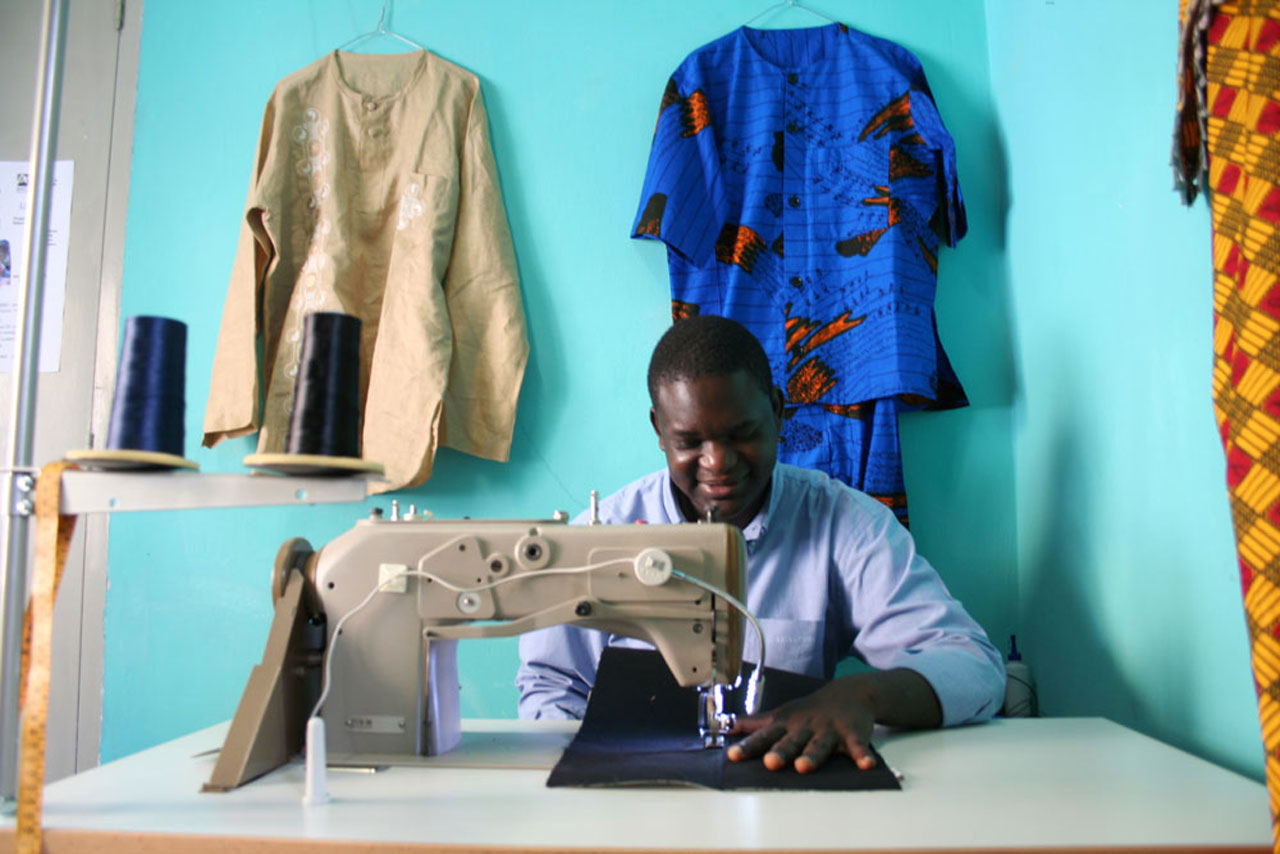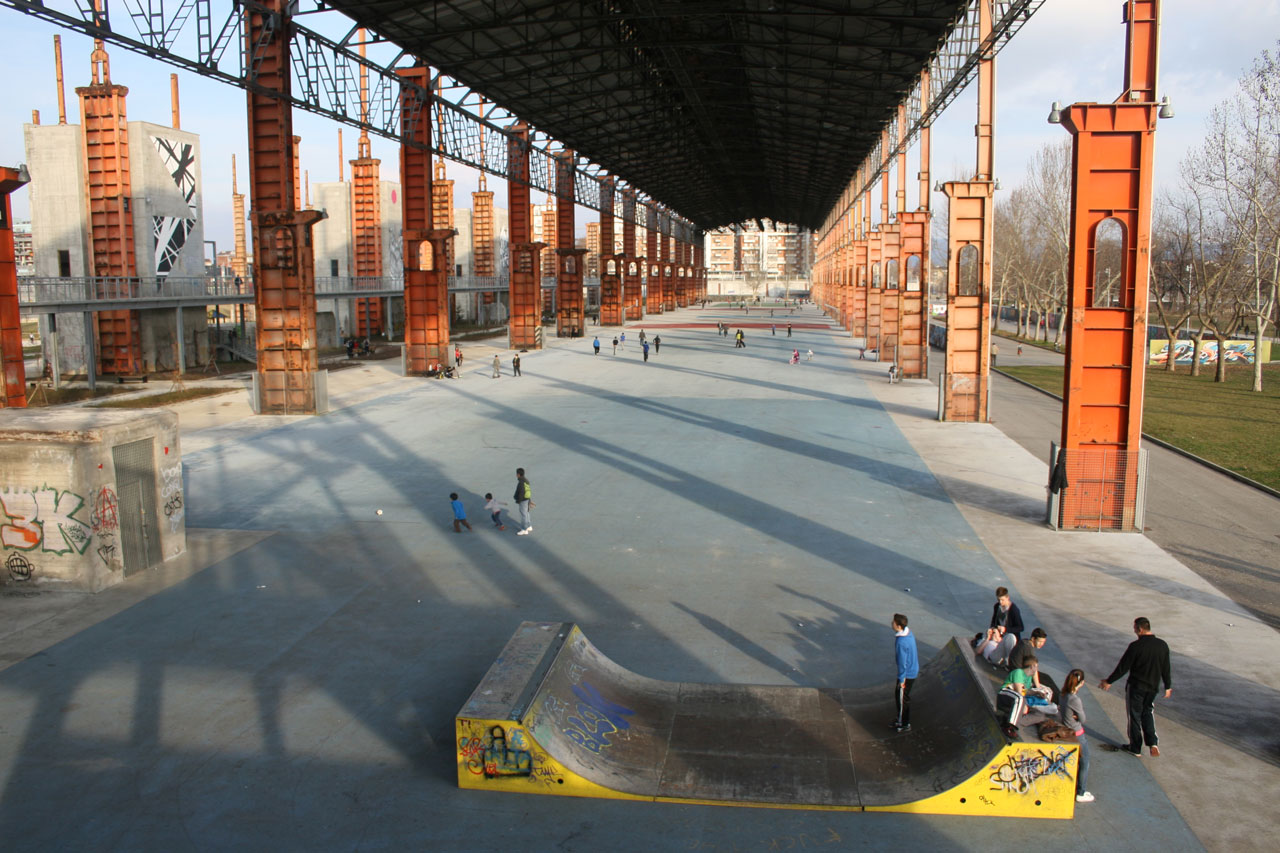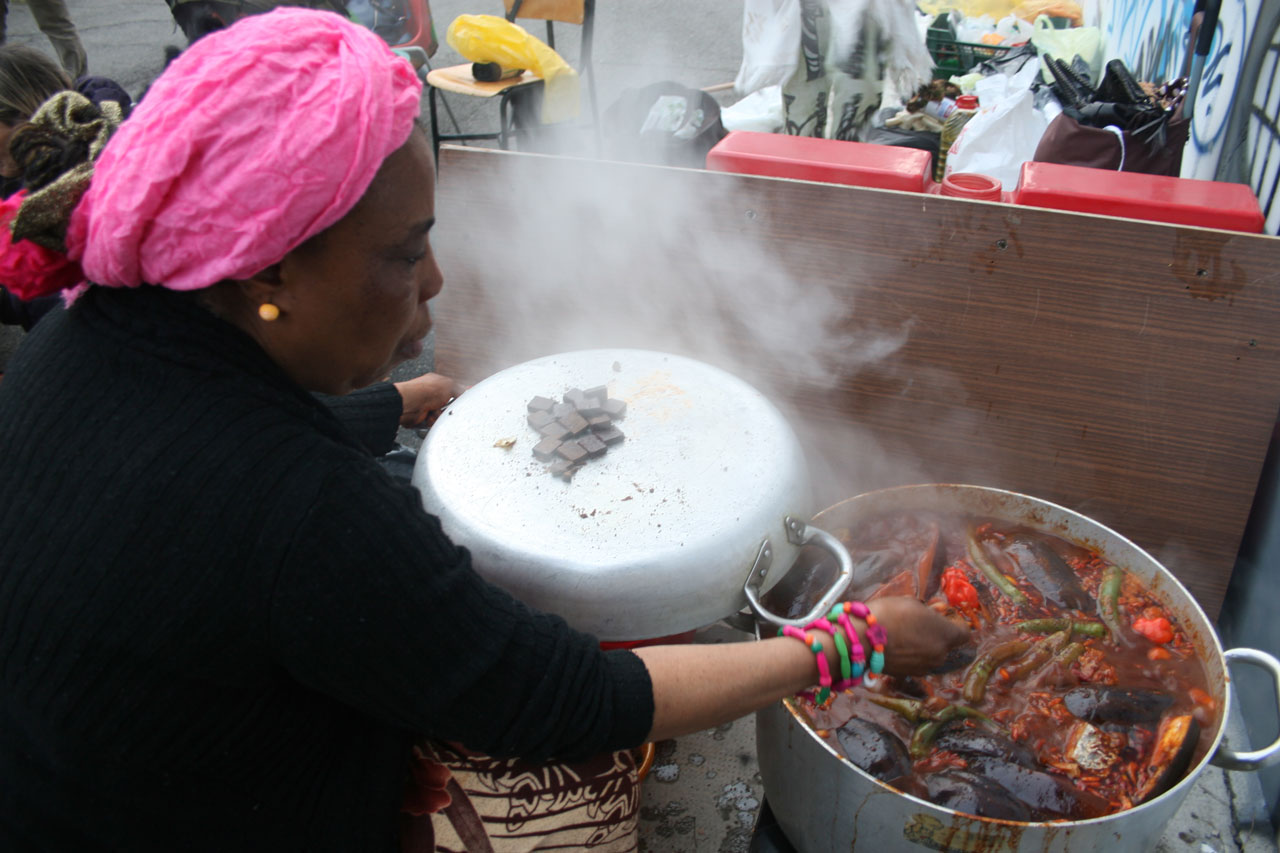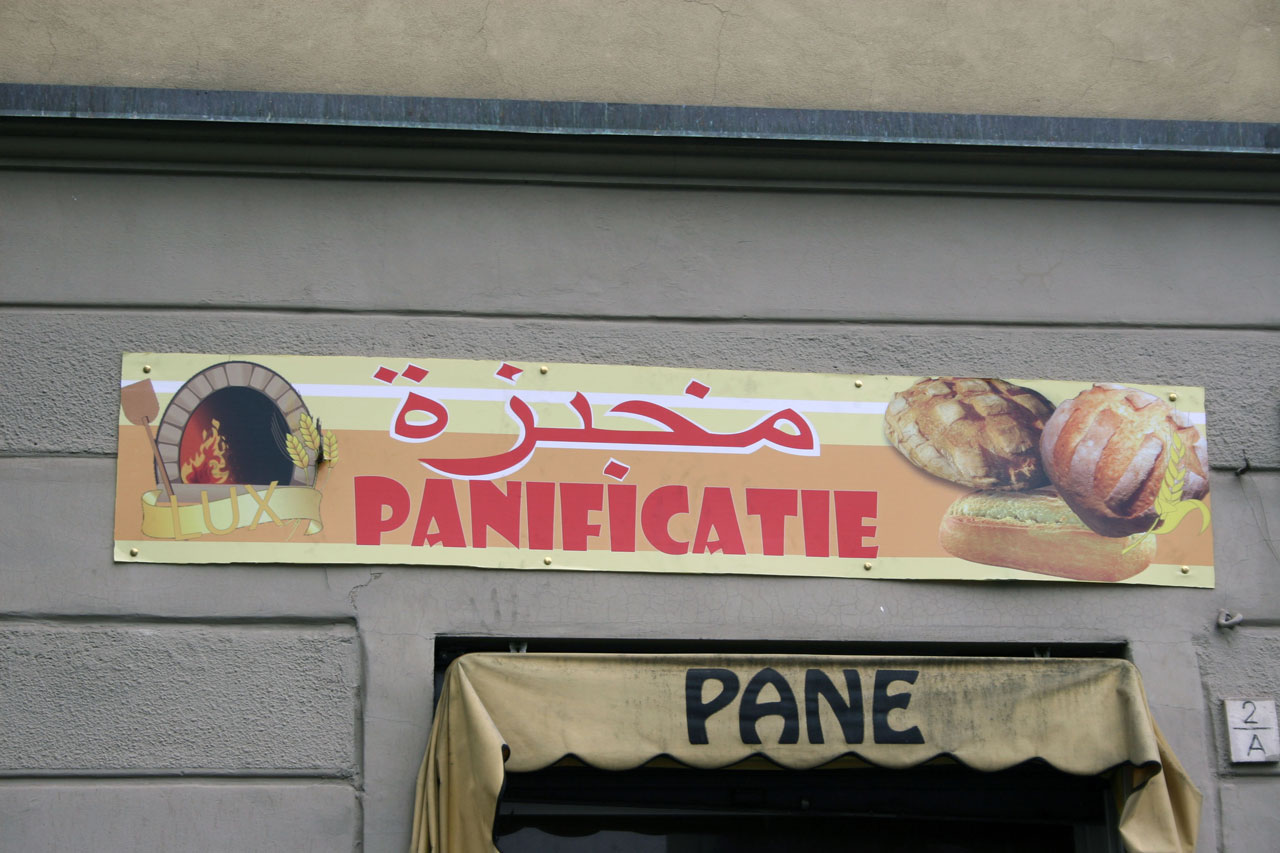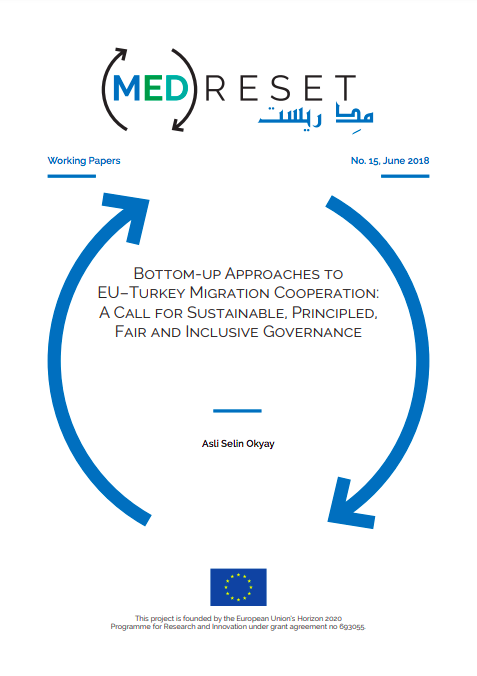IT. Nell’ambito del progetto MEDRESET, sulla base di un’ampia rosa di interviste, questo rapporto di ricerca esamina i punti di vista degli attori della società civile turca sulle politiche in materia di migrazioni e mobilità, con particolare riguardo alle loro valutazioni della cooperazione tra UE e Turchia in questi ambiti. Il lavoro sul campo mostra che l’inclusione dei rifugiati siriani, con i suoi effetti sulla coesione sociale, è sentita come la priorità di gran lunga più importante. In generale, emerge una forte domanda di maggiori diritti per rifugiati e migranti (irregolari), nonché di maggiori opportunità di mobilità verso l’Unione europea. A questo scopo, gran parte degli intervistati auspica un maggior coinvolgimento di soggetti non governativi e di enti locali nella pianificazione degli interventi, oltre che nella loro realizzazione.
EN. Based on stakeholder consultations in Turkey, this report examines civil society actors’ views on policy issues regarding migration and mobility, the factors underlying these issues and the actors’ assessment of policies and cooperation mechanisms developed by the EU and Turkey. The consultations show that the inclusion of Syrian refugees and broader social cohesion are by far the top priorities. Rights of refugees and (irregular) migrants, and Turkish citizens’ facilitated mobility in the EU also form part of the civil society’s policy priority repertoire. As for EU policies and EU–Turkey cooperation, a substantial rethink is needed, further envisioned in the report. Maximizing the positive impact of EU–Turkey cooperation on refugee integration, enhanced protection capacity, and overall social cohesion requires bottom-up approaches to defining funding priorities and designing locally tailored measures. This implies that the EU needs to closely engage with a broader range of local governmental and non-governmental actors, while being sensitive to the specificities of domestic political-institutional culture.
Download the country report